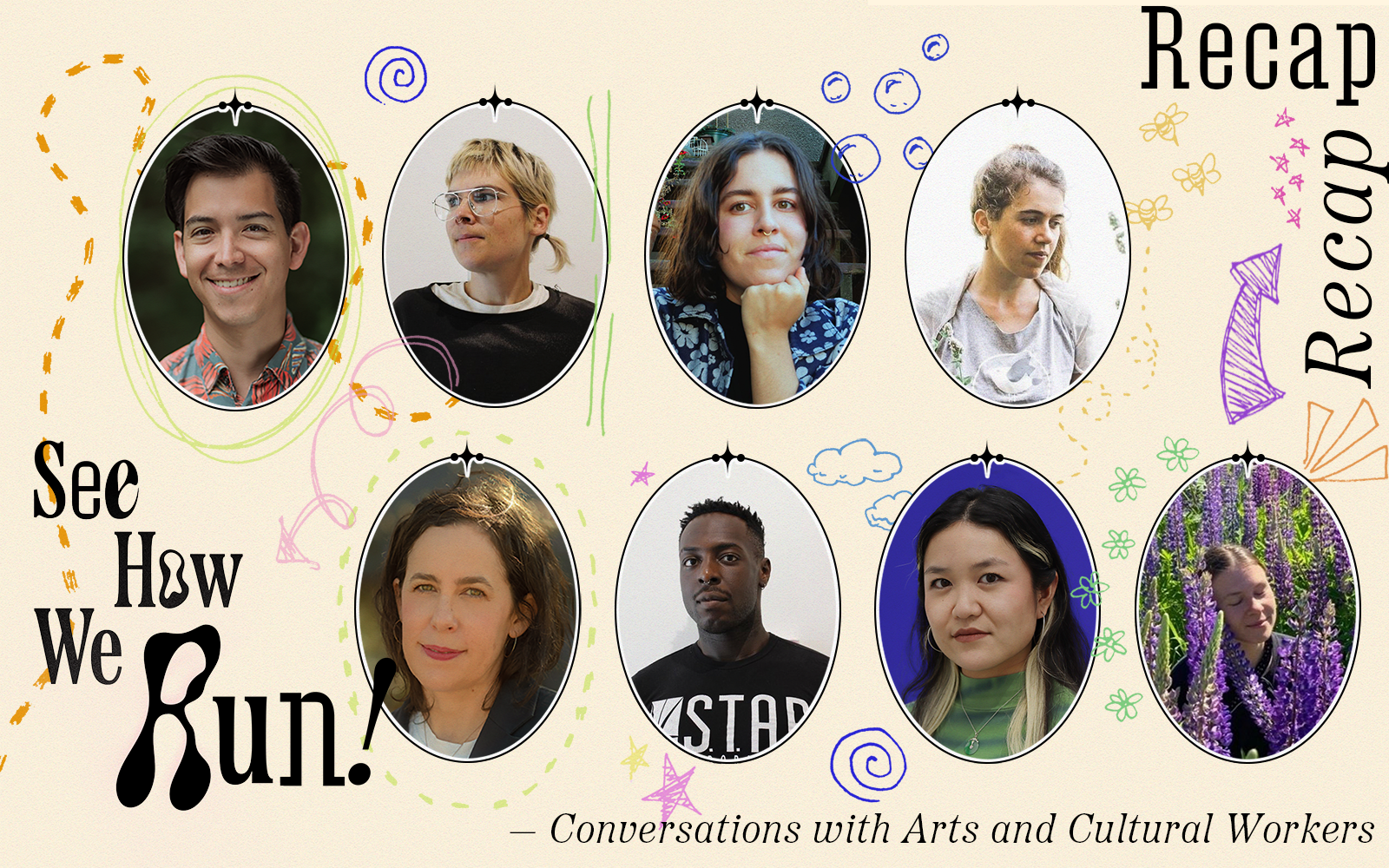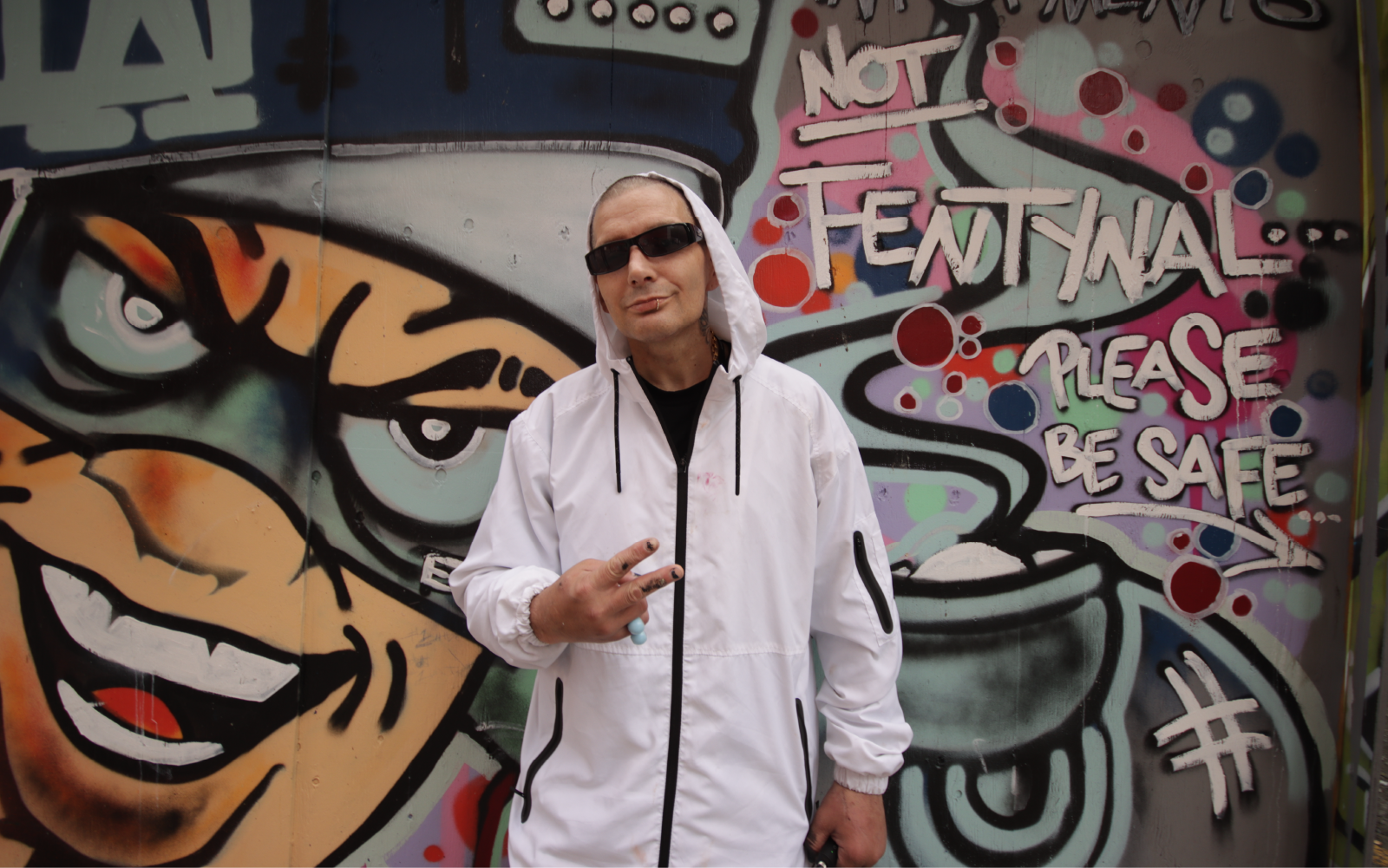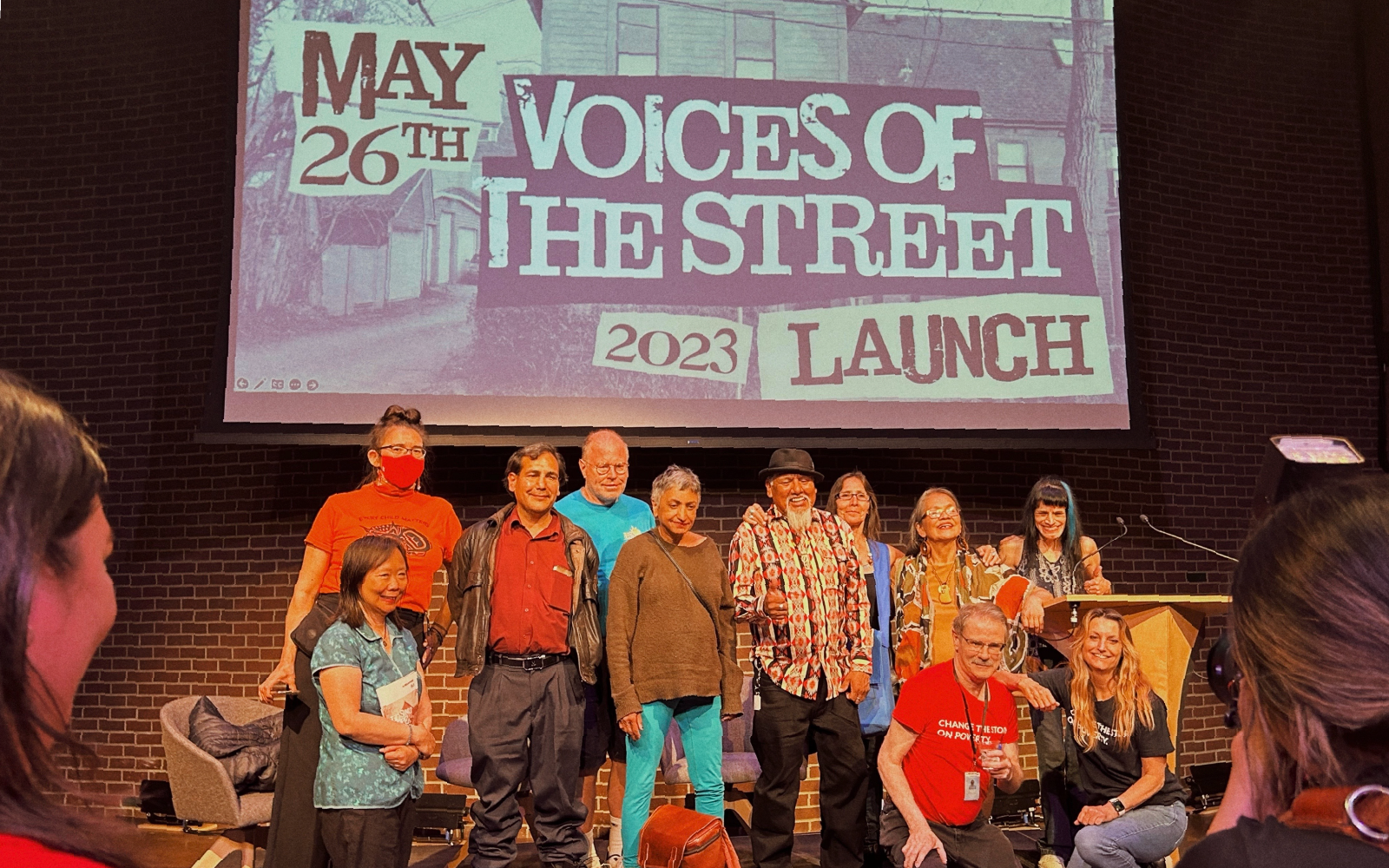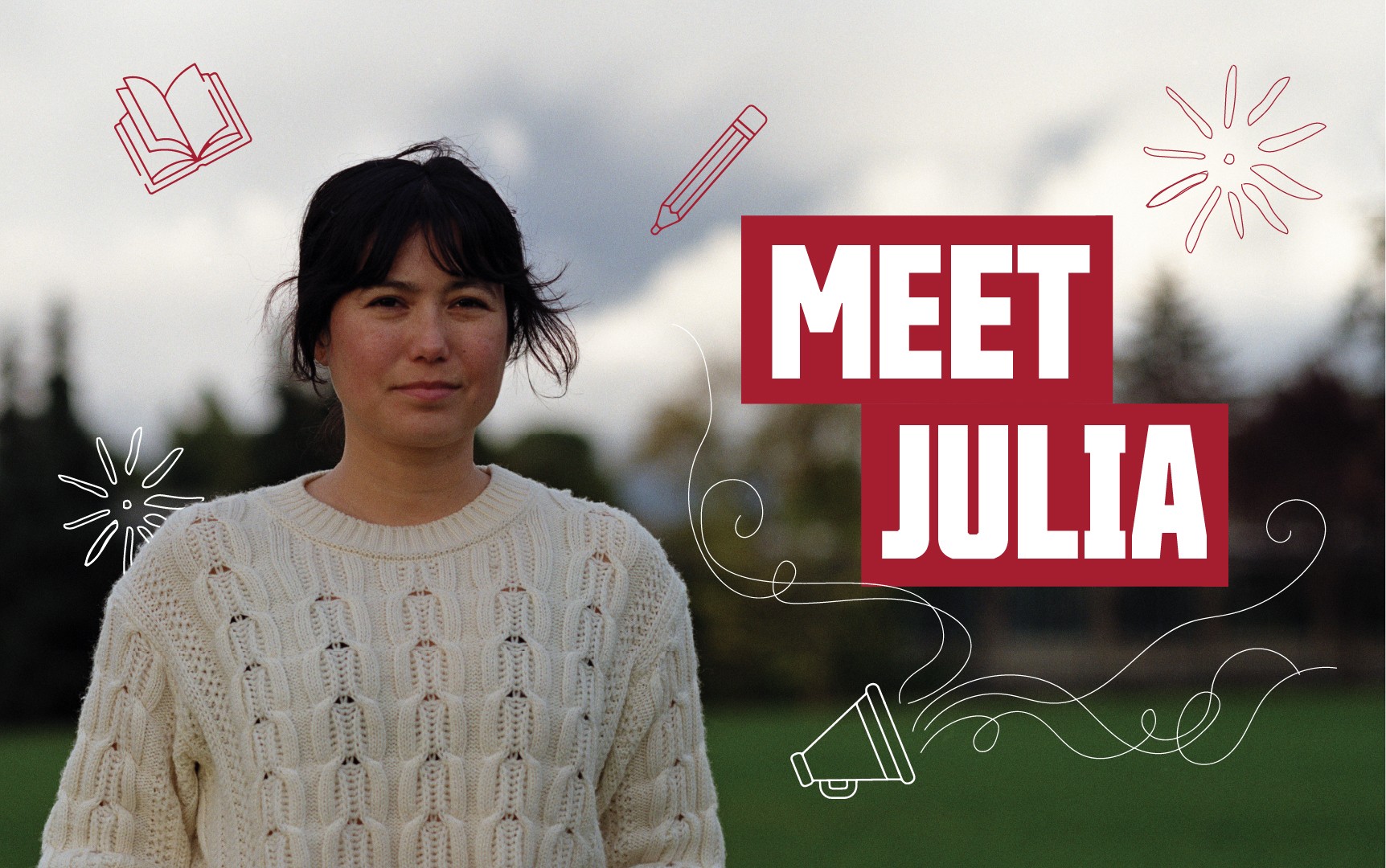Article, Community, Urban Issues
Empowering Informed Consent: Community Ethics in Cultural Production
SFU’s Vancity Office of Community Engagement partnered with Hives for Humanity to support the development of Research 101, a community-based project that produced resources for ethical research in the Downtown Eastside (DTES), including a resource card on informed consent and a manifesto for ethical research.
The Office helped design the materials and hosted a community launch event at the Goldcorp Centre for the Arts. This blog post contains excerpts from a community report.
COMMUNITY REPORT BACK
By Hives for Humanity
Empowering Informed Consent: Community Ethics in Cultural Production, Resource Card and Research 101 Manifesto for Ethical Research in the DTES | March 7th 2019 Launch Event
April 1st 2019
“In May 2017 members of the DTES community started meeting at the Hives for Humanity Bee Space to have conversation about how to ensure that community ethics are a respected part of the process of cultural production. Grassroots and peer led organisations were reached out to, along with non-profit organisations, academic institutions, journalists, and other individuals engaged in cultural production. Meetings were stipended and included food offerings, conversations began with land acknowledgements followed by a talking circle to introduce all present, building relationship and understanding. Conversations worked to share and build tools for navigating cultural production, centering lived experiences of vulnerability.
We define cultural production as: any time an entity (individuals and organisations of: journalists, film makers, photographers, students, researchers, tourists, volunteers) comes into a community to make a product from its culture.
We define community ethics as: a set of principles to guide behaviour, based in lived experience, acknowledging the interconnectedness of our humanity, fostering relationships of respect, responsibility, reciprocity and return.
Out of our conversations we:
- Discussed and compiled existing resources (our growing list is shared in the appendices of this report);
- Built a resource card to encourage conversation and empower informed consent around cultural production (shared online and printed for free distribution and use, feedback accepted on an ongoing basis);
- Supported the creation of Research 101 out of which a manifesto was created for Ethical Research in the DTES;
- Connected to local research ethic boards who are interested in this work and in supporting the empowerment of community voices to inform their work as boards;
- Launched the card and manifesto, hosting conversation about how to carry this work forward (full notes from discussions at March 7th Launch event in appendices of this report, with summary of findings highlighting themes on pages 8-11).
Our goal is to foster reciprocal and respectful relationships of return, through conversation and resource sharing. We believe that getting to know each other through this work, building our shared network of understanding, and gathering in community, is our strongest resource!” (p. 2)
“When we come together in conversation, seeking to reach understanding, we have the potential to transform the normative hierarchy that ranks some ways of knowing and being higher than others, into a community of interconnection, where we recognize each other, and support each other in carrying our gifts with pride.
It matters what we say, the words we choose and the context we place them in. Words have multiple meanings, they carry story, and they can build connection. So it is important to start this conversation with the acknowledgement of this unceded land. This stolen land. This is our greater context, these words of acknowledgement pledge an intent to change the systems that have built this privileging of some and exclusion of others. These systems are the extractive and violent models that pervade our culture, and work to hold power through control. They show up in our relationships to land and community, to ourselves and each other. I think we are all here because we can imagine other models; because we are seeking connection.
We will spend some time setting context for this project, and the words we are using to have this discussion of community ethics in cultural production.
Community: community is a fluid term, with individual and multiple meanings for each one of us here, with joy and shadow contained. In this context we are speaking about the community of the DTES, those people who live and love and work and play here.
Ethics: Tonight we are talking about a code of conduct based in respect, dignity and accountability, reciprocity and return.
Cultural production: We are using this to express whenever something is produced out of culture, including journalism, art, research, volunteerism, tourism and education. Production isn’t an isolated event, especially when we are talking about producing with culture, with people: we cannot continue to externalize impact. The people continue on, and the production has a felt impact, for the individual and for the community. A photo, documentary, questionnaire or study can enforce stigma, or it can begin to dismantle it. This is important, especially in this community of the DTES, on these unceded lands, in this housing crisis, and in this fentanyl poisoning crisis, because stigma effects policy, policy is enforced in our culture often violently, and that alters lives for generations. If we can change preconceptions, judgements and stigma, we can change access to health, housing, land, food and community; and we can save lives through that. We lose in isolation.” (p. 3-4)
Summary of Findings
After the 40min panel discussion we broke out into 10 groups, for 40 minutes. Each group was hosted by a facilitator from the panel or someone who was part of the process of building these resources, and a note keeper; each were volunteers for the night.
The ask for these groups was to discuss reflections on the panel: “How do we carry this work forward?” and “Calls to Action?” Each group elected someone from to share back to the room their key points.” (P.8)
A summary of the community feedback from the breakout sessions, lessons learned from the organizers, and a growing list of resources can be read in the report.
Resources:
Related Updates
-
February 19, 2025

February 19, 2025
On behalf of SFU’s Vancity Office of Community Engagement, we wanted to take the time to say that we have been overwhelmed and deeply touched by the voices of love, solidarity and support that have been shared since the announcement of the closure of our office on January 22, 2025 by SFU.
-
January 10, 2024

January 10, 2024
Our Below the Radar podcast mini-series See How We Run! looked at local arts collectives and organizations, highlighting conversations about creation, spacemaking, accessibility, and self-determination within the framework of Vancouver’s cityscape.
-
July 20, 2023

July 20, 2023
On June 29, 2023, 200 people turned out for the world premiere screening of Smokey Devil: Underworld Street Reporter, a feature length documentary by Nathaniel Canuel, co-hosted by SFU’s Vancity Office of Community Engagement.
-
June 13, 2023

June 13, 2023
Released every spring, Voices of the Street (VOTS) is a compendium of writing by Megaphone community members, a space for exploration of creative expression through language.
-
March 21, 2023

March 21, 2023
We are delighted to welcome Julia Aoki as Program Manager at SFU’s Vancity Office of Community Engagement!



